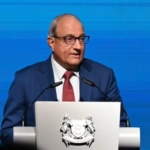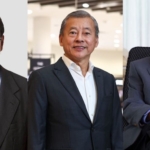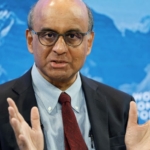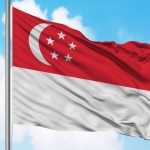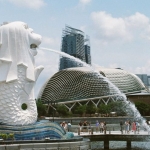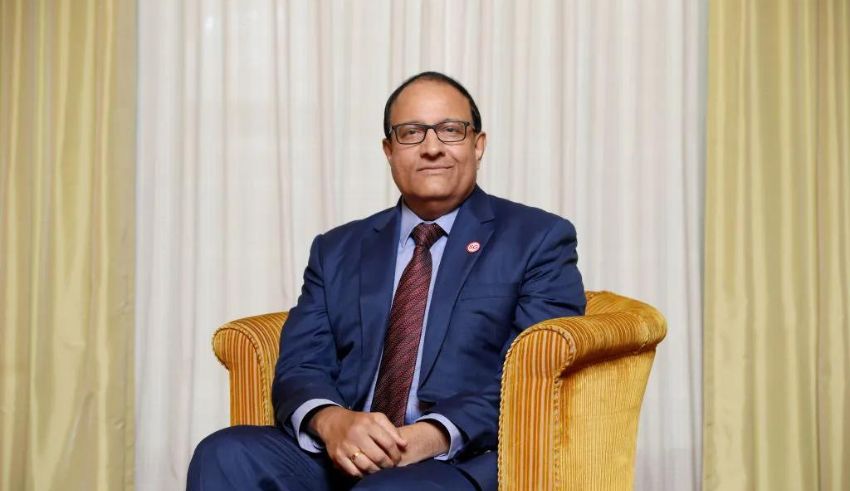
S. Iswaran, the former transport minister of Singapore, was charged on January 18, 2024, with 27 offenses, including two counts of corruption, one count of obstructing justice, and 24 counts of receiving gratification as a public servant. He pleaded not guilty and was released on bail.
Iswaran, 61, is the first key minister to get embroiled in a graft probe since 1986. He and property tycoon Ong Beng Seng were arrested in July 2023 in a case that challenged Singapore’s reputation for clean governance at a time when Prime Minister Lee Hsien Loong is seeking to step aside after almost two decades of leading the country.
According to the charge sheets, Iswaran is accused of receiving goods worth nearly SG$385,000 ($286,000) from Ong between 2015 and 2022, some in return for helping the Singapore-based businessman advance his business interests. The goods included free tickets for Singapore’s Formula 1 Grand Prix, as well as football matches and musicals in the U.K. Ong owns the right to the local F1 race, and Iswaran was chairman of and later advisor to the Grand Prix’s steering committee.
Iswaran is also accused of obstructing justice by deleting WhatsApp messages between him and Ong, and instructing his personal assistant to do the same, after he learned of the police investigation in July 2023.
If convicted of corruption, Iswaran could face up to seven years in jail, a fine of up to SG$100,000 ($74,000), or both, for each charge. If convicted of receiving gratification as a public servant, he could face up to three years in jail, a fine of up to SG$5,000 ($3,700), or both, for each charge. If convicted of obstructing justice, he could face up to seven years in jail, a fine, or both.
The impact and the response of the government and the PAP
The corruption case against Iswaran has dealt a blow to the image and the credibility of the government and the ruling People’s Action Party (PAP), which has governed Singapore since its independence in 1965. The PAP prides itself on its integrity and incorruptibility, and has zero tolerance for corruption and misconduct among its members and officials.
Prime Minister Lee said he accepted Iswaran’s resignation from the government and from the PAP on January 16, 2024, and that he was determined to uphold the high standards of the party and the government. He also said that the case had been dealt with vigorously and impartially according to the law, and that no one was above the law in Singapore.
Keep Reading
The PAP also said that it was deeply saddened and disappointed by the case, and that it expected all its members to conduct themselves with honesty and integrity. The PAP also said that it would not tolerate any abuse of power or corruption, and that it would cooperate fully with the authorities in the investigation.
The corruption case against Iswaran has also raised questions and concerns about the performance and the succession of the government and the PAP, which have faced increasing challenges and pressures from the Covid-19 pandemic, the economic downturn, the social issues, and the political opposition. The case has also cast a shadow over the legacy and the leadership of Prime Minister Lee, who has announced his intention to retire by the end of 2024, and who has yet to name his successor.
The implications and the prospects of the issue
The corruption case against Iswaran has implications and prospects for the future of Singapore and the region, as well as for the public trust and the civic engagement in Singapore. On one hand, the case could damage and undermine the reputation and the confidence of Singapore and the PAP, and affect their relations and partnerships with other countries and actors, especially in the areas of trade, tourism, and sports. On the other hand, the case could also demonstrate and reinforce the rule of law and the accountability of Singapore and the PAP, and enhance their transparency and responsiveness to the people and the society.
The issue also depends on the actions and the responses of Iswaran, the authorities, and the public, as well as the outcome and the direction of the trial and the appeal. They could either support or oppose the charges and the allegations, and either encourage or discourage the dialogue and the debate on the issue. They could also propose or oppose additional measures or initiatives to address and resolve the issue and to maintain and promote the public trust and the civic engagement in Singapore.
